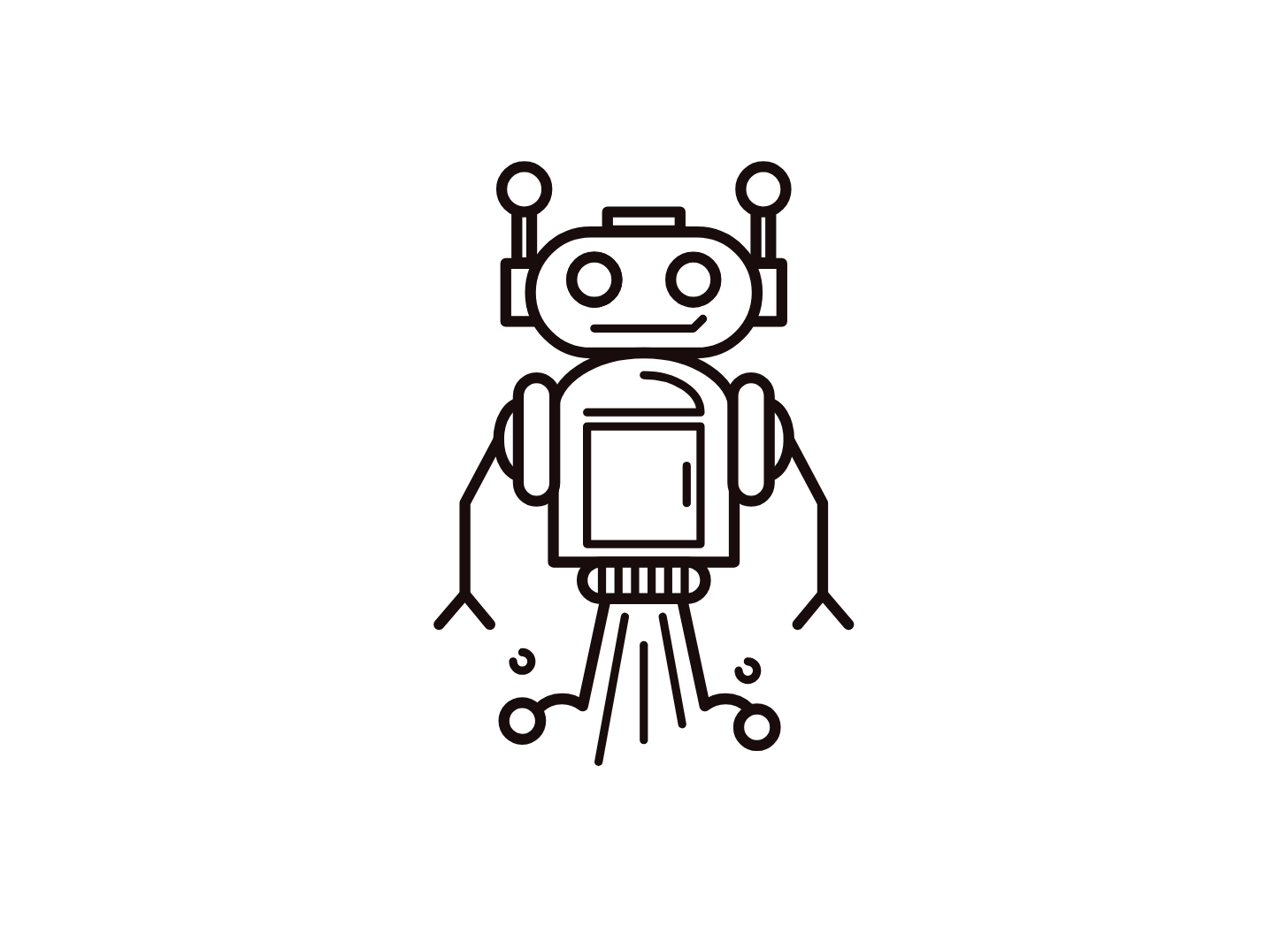This is How You Destroy Your Own Value With AI
Why handing your thinking to AI slowly breaks it and why your brain should still be the one in charge
Let’s start with something simple.
There’s a big difference between using a tool to help you and depending on it so much that you stop thinking for yourself.
One supports your growth. The other slowly erases it.
Using ChatGPT to test an idea, write a rough outline, or speed things up?
That makes sense.
You’re still driving the process.
But letting it answer everything for you without thinking twice?
That’s a red flag.
And you know what? This happens more than we think.
We’re not just getting help from AI. In many cases, we’re giving away our ability to think deeply, to reflect, to connect the dots.
Over time, that kind of shortcut turns into something else entirely. We stop practicing the skill of thinking.
It’s like an athlete who lets someone else do their training, then wonders why they can’t compete anymore.
Let me explain.
There’s something in psychology called “deskilling.”
It happens when we stop practicing a skill and slowly lose it.
If you always ask the tool to write, think, or organize for you, what are you learning?
Little by little, you stop building your own arguments.
You stop making decisions.
You stop sharpening your ideas.
And then one day, you're stuck.
You realize you can’t do much without asking for help first.
And that’s a problem. Because what once looked like a career advantage now puts you behind.
You might think, “But I’m still working.
I’m using the tool. Isn’t that what it’s for?”
Well, imagine this…
You’re asked to prepare a report. Instead of thinking it through, you type a prompt into ChatGPT and copy the result. It looks clean. The grammar’s fine. The structure makes sense.
But you didn’t wrestle with the topic. You didn’t connect ideas. You didn’t make hard choices. You just used a shortcut.
And doing this too often gives you the illusion that you're getting better.
But you’re not. You’re getting faster, maybe, but not sharper. Not deeper. And not more thoughtful.
That’s the trap.
You feel productive, but you’re drifting further from real learning.
ChatGPT Doesn’t Think. That’s Still Your Job.
Here’s where things get even trickier.
Some folks treat ChatGPT like it’s a wise partner that always gets it right.
But thinking isn't just giving an answer. It’s weighing options. It’s asking, “Does this really make sense here?”
It’s noticing the tiny details that change everything. AI doesn’t do that. Not really.
It blends words. It pulls patterns. It guesses based on what it’s seen before.
But it doesn’t reflect. It doesn’t feel like responsibility. It doesn’t care if something’s wrong, vague, or misleading.
That’s still on you.
So if you stop questioning what it gives you, you start making decisions on shaky ground.
You lose the habit of asking “why” or “what if.”
And when that happens, your critical thinking quietly fades out of the picture.
The Real Risk Isn’t Replacement. It’s Irrelevance.
A lot of people are afraid AI will take their jobs.
I get that. But the bigger risk is this: giving up the very things that make you valuable.
Think about it. If you’re in a role where you’re expected to think clearly, bring fresh ideas, or see connections others can’t, and your answers start sounding like everyone else’s because you relied too much on a tool, someone will notice.
It’s not that AI is taking your job.
It’s that you stopped showing up with your full brain, heart, and voice.
Let’s be practical:
Ask it questions to explore, not to finish your work for you. Keep your mind in the process.
Double-check facts. Always. Don’t treat AI like a source of truth.
Read what it gives you with your critical hat on. Don’t assume it’s right.
Use it to organize your ideas, but make the decisions yourself.
Don’t let it take away the hard parts. The hard parts are where growth lives.
Keep learning. Stay curious. Focus on skills AI can’t touch, like empathy, ethics, and knowing the bigger picture.
We have new tools. Great. But we also have a choice.
Will we use them to grow, to stretch, to sharpen ourselves?
Or will we let them slowly replace the very muscles we once took pride in?
So yeah, can ChatGPT mess with your career?
If you stop thinking for yourself, yes.
If you treat it like a shortcut for every decision, also yes.
But if you treat it like a co-pilot, not the pilot (that’s on you), and if you stay in charge of your thoughts, it can help you move faster, not duller.
At the end of the day, the biggest danger isn’t what AI can do.
It’s what you stop doing because you think AI will do it better.



